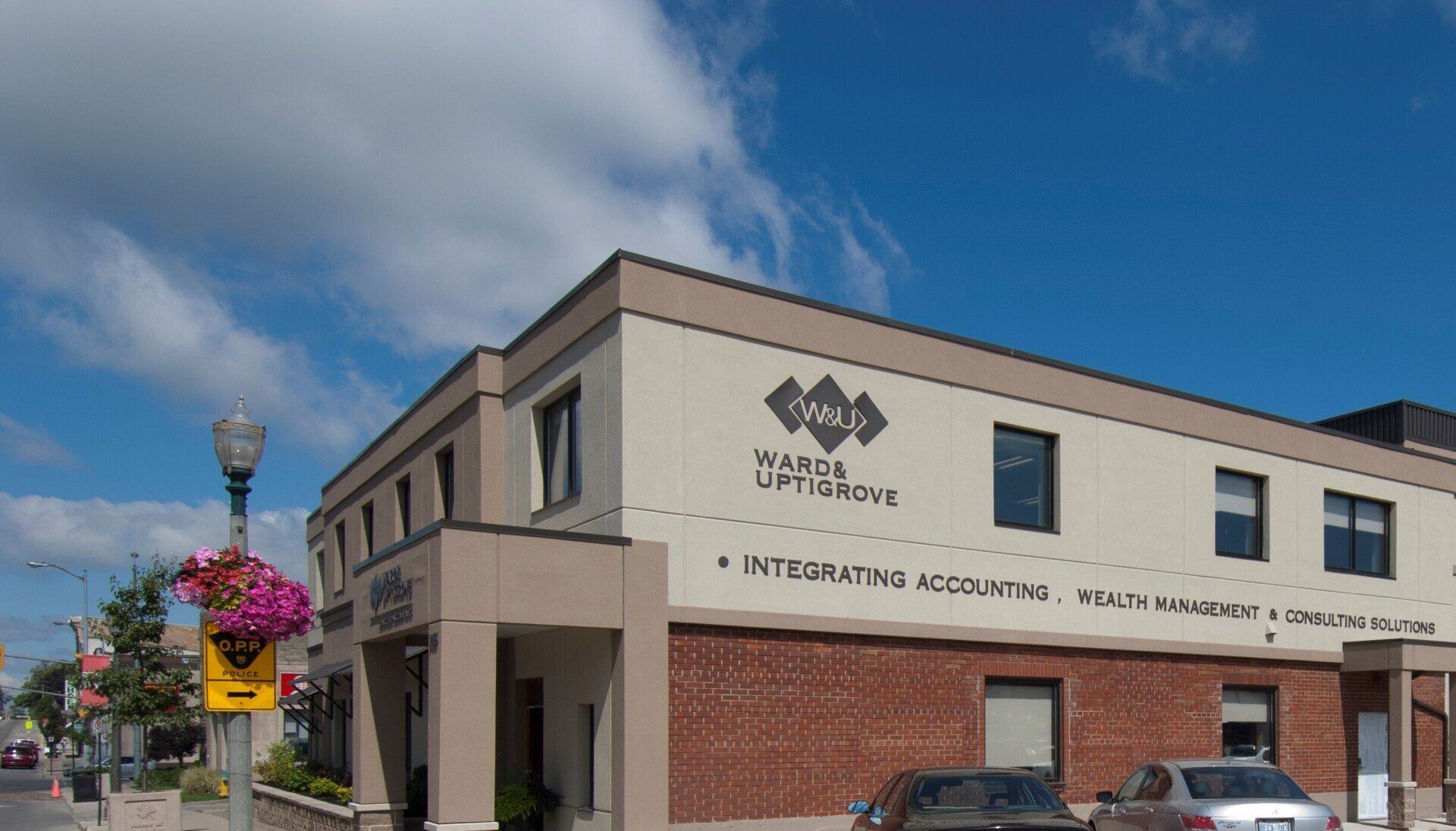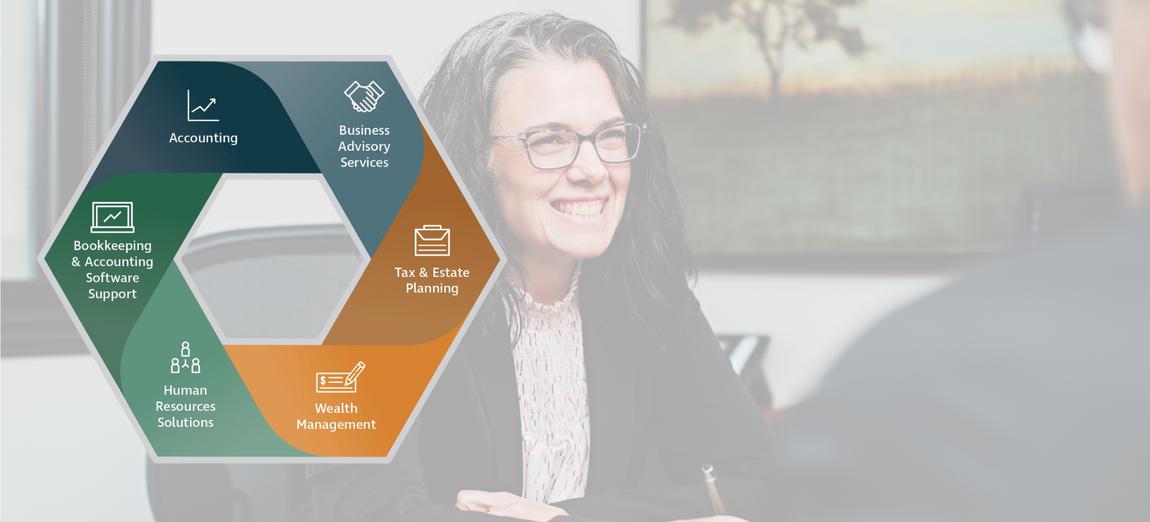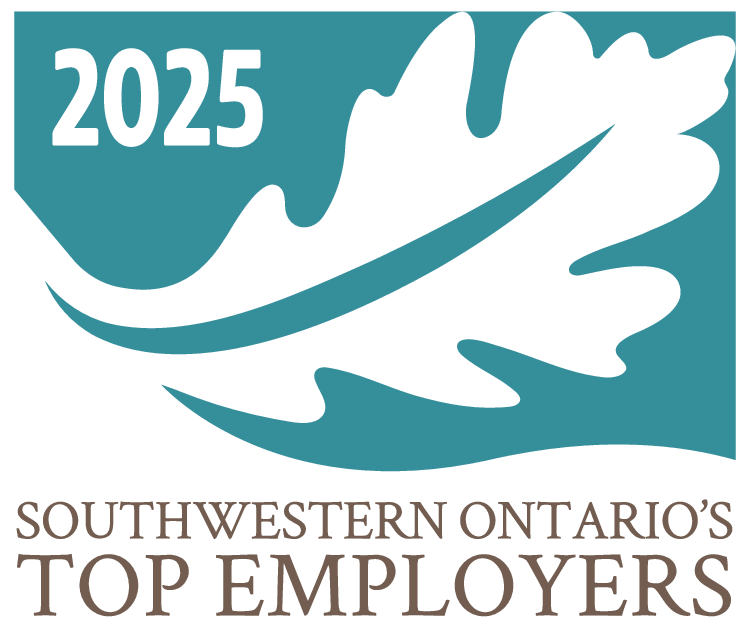Premier professional services in the heart of rural Ontario
Caring for our clients. Caring for our team.
2025 Southwestern Ontario's Top Employers Award Winner
We needed an accounting firm who could provide a suite of professional services. From everyday accounting services and HR solutions to succession planning and long-term financial advice, Ward & Uptigrove met every one of our requirements.
- Steve Meulensteen, President,
Meulensteen Tire and Auto Service
Small town values.
Downtown expertise.
Small town values alongside downtown expertise means personal consideration, optimized solutions and professionals who care.
For over 65 years, Ward & Uptigrove has uniquely approached our clients’ corporate and personal financial needs and offered integrated services.
Join a community that
is more than digital.
Build the career you deserve, with the support you need.
We are dedicated to strengthening relationships and supporting our staff, our clients and our community.
Join a team where:
- You will feel valued and cared for
- Trust and respect are fundamental
- Partners, principals and team members talk, and listen
- Hard work pays off
- Effective communication is essential to success
Interested in learning more about our team and the opportunities available?
Did you know we have a podcast?
Listen to "Integrating for Success" wherever you get your podcasts.







